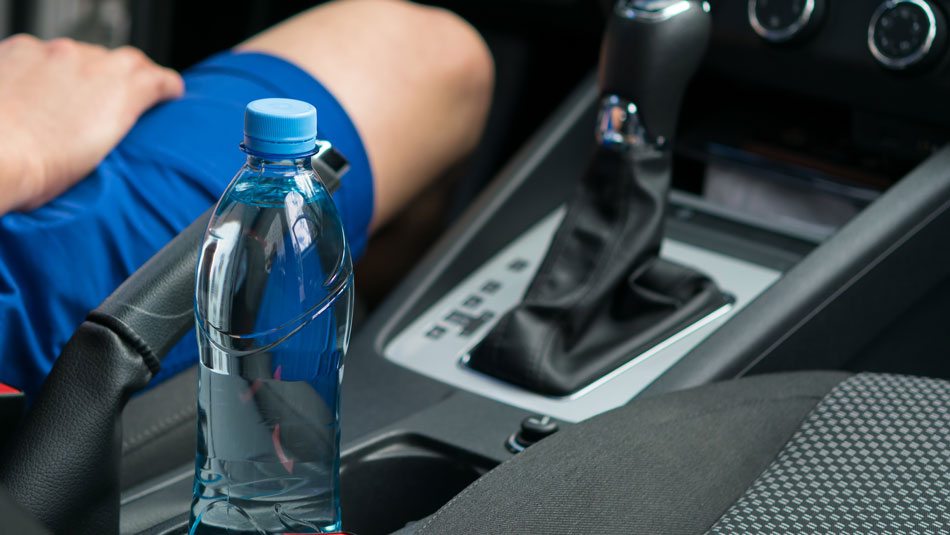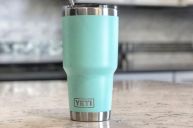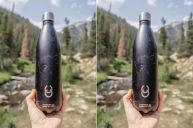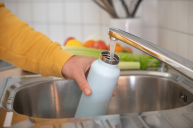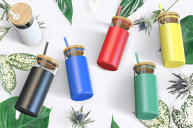We've all done it. Sticky with sweat from only walking from the grocery store to the car, there's nothing more satisfying than the thought of water to cool you down on a hot summer day. There's a water bottle sitting in the cupholder from a few days ago and you take a gulp. It's hot, but it's still water. No harm, no foul, right?
I've been told numerous times that drinking water left in the car could cause cancer. That's a pretty big claim but I wasn't going to risk it, making sure to throw away all of the old water bottles in my car.
According to Dr. Lance Williams, Professor of Biology at the University of Texas at Tyler, there is a chance that trace amounts of BPA could seep into your water. A study at the University of Florida tested bottles of water left in 158 degrees Fahrenheit for several weeks. According to the study, one of the 20 bottles which were made from polyethylene terephthalate (PET) had a trace amount of antimony and bisphenol A, or BPA after being heated. The U.S. Food and Drug Administration considers small amounts of BPA safe, however high levels could possibly cause a health risk.
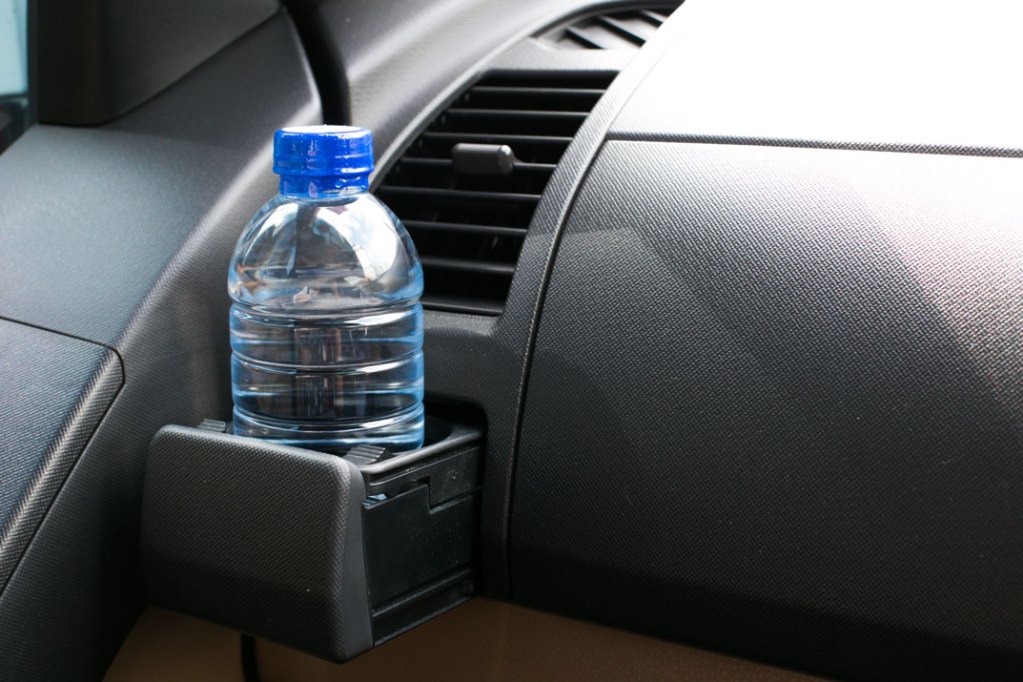
"If you left it in a car for weeks at a time, then there's a small chance that some chemicals like BPA could leach into the water but it's a very small probability," Williams said. The biggest risk is drinking from the bottle, letting it sit in the hot car, then drinking it again. "That bacteria has a chance to grow, and then you may have a serious health issue on your hands," Williams shares.
There's also another reason why you shouldn't leave plastic water bottles in the car and it's pretty surprising. It could possibly cause a fire.
While it seems far-fetched (you're really telling me a bottle of water could cause a fire?) there have been instances where it's rang true. In an Idaho Power Facebook video, technician Dioni Amuchastegui shares that it really happened to him.
While eating lunch in his car, Amuchastegui noticed smoke in his car. Looking closer, the bottled water had acted like a magnifying glass and concentrated the heat and light on one spot hot enough to start flames.
Thankfully Amuchastegui was in the car to notice it but it could have resulted in something worse if he wasn't in the car. To prevent the risk of a fire, keep plastic bottles out of the direct sunlight, or better yet, invest in an insulated reusable water bottle.
